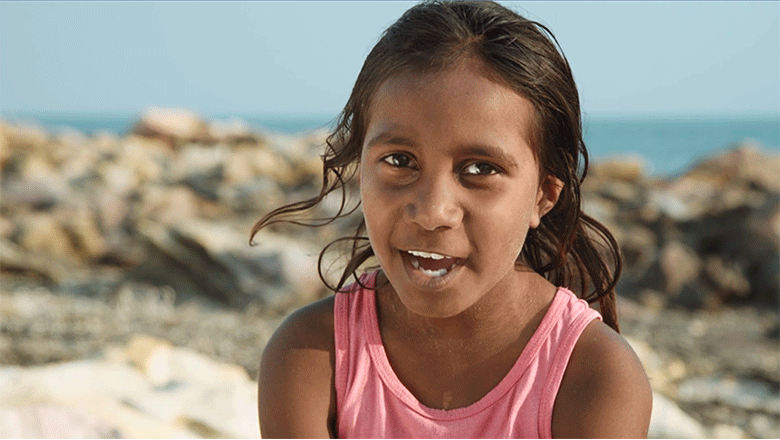Search
Showing results for "Au"
Work with established research projects in FASD within a broad strategy of work Making FASD History and secure new funding and collaborations.



News & Events
RHD a notifiable conditionWestern Australian doctors are now required by law to report all cases of rheumatic heart disease.
News & Events
Hormones in utero influence facial structureHormone levels in the womb may determine how masculine or feminine your facial features are as an adult, The Kids Research Institute Australia researchers have found.

News & Events
Every Friday: Child Health Research Seminars 2014Associate Professor Roz Walker has been involved in research, evaluation and education with Aboriginal communities building local capacity for 30 years.
Research
Ways of working in Aboriginal and Torres Strait Islander Community Controlled Health Organisations: describing a conceptual model of comprehensive primary healthcare characteristicsThis research sought to describe a conceptual model of Aboriginal and Torres Strait Islander Community Controlled Health Organisation (ATSICCHO) primary health care, and the fundamental role ATSICCHOs exercise in addressing critical service gaps needed to achieve equitable outcomes for Aboriginal and Torres Strait Islander peoples.
Research
Quicker team launch times for urgent priority neonatal retrievals: A Quality Improvement Initiative studyNeonatal retrieval networks have adopted time-centric quality metrics as Key Performance Indicators (KPI) for setting and comparing benchmarking standards. Quicker launch time (departure from base), an essential KPI, enables neonatal retrieval teams to rapidly provide higher-level care to sick infants. The Newborn Emergency Transport Services of Western Australia (NETS WA) facilitates neonatal transfers across largest global retrieval area necessitating quicker team launch times for urgent retrievals. NETS WA conducted a quality improvement (QI) study to quicken team launch times for urgent retrievals.
Research
The impact of genetics and the environment on cancer risk in Indigenous Australians: a narrative reviewAboriginal and Torres Strait Islander (hereafter respectfully named Indigenous) Australians are diagnosed with some cancers substantially more frequently than non-Indigenous Australians implying a different risk factor landscape. Additionally, poorer outcomes for certain cancers are exacerbated by lower cancer screening rates and later diagnoses compared to non-Indigenous Australians.
Research
Pre-Post Intervention to Strengthen and Sustain the Paediatric ESCALATION System (The SPECS): Study ProtocolPromptly recognising changes in an acutely unwell child’s condition is fundamental to prevent tragic outcomes. Western Australian (WA) healthcare facilities used inconsistent and varied paediatric early warning systems. To improve care consistency, a standardised ESCALATION system, inclusive of family involvement and sepsis recognition, was developed.
